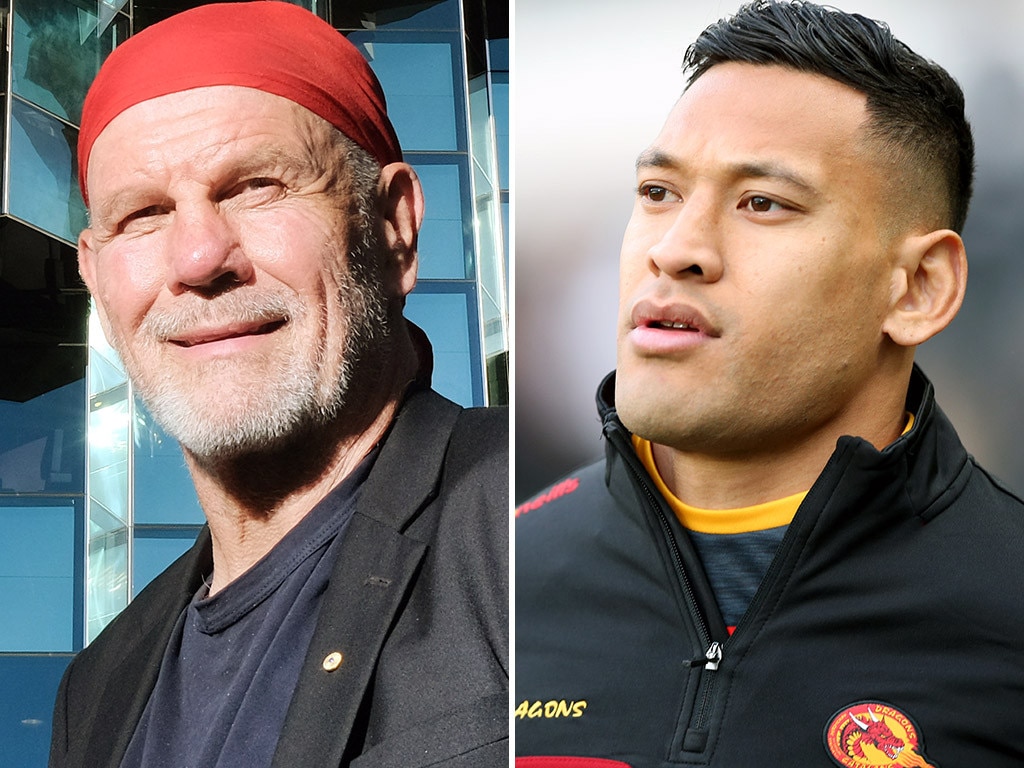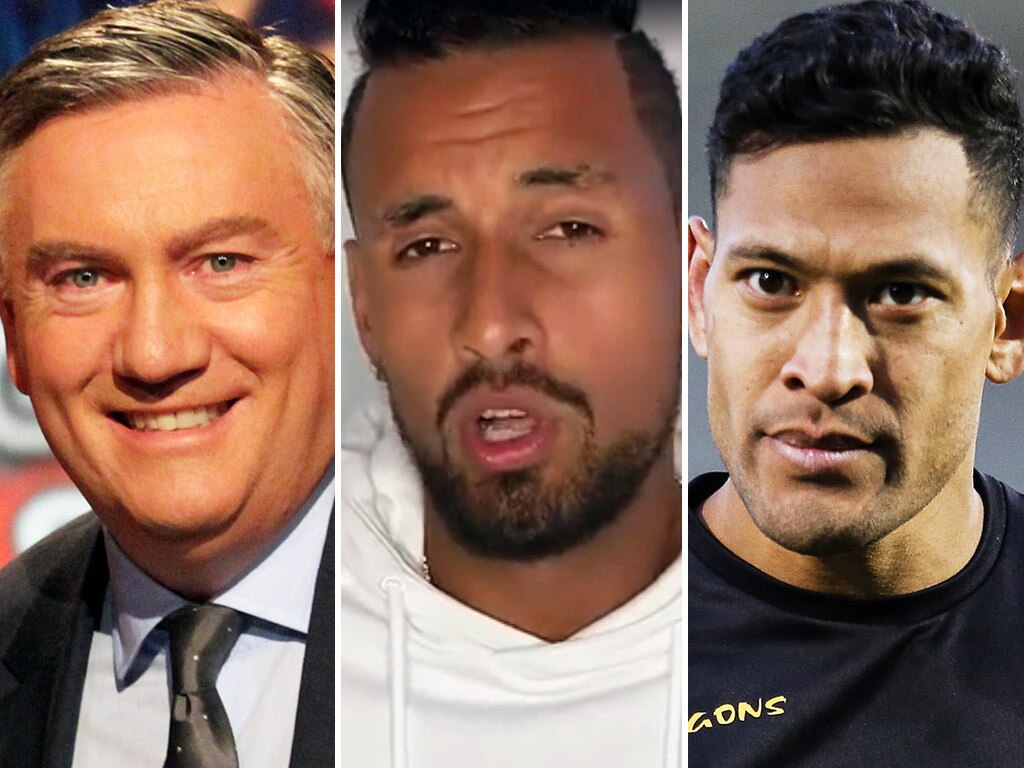Olympics: Australian athletes reject podium protests, survey finds
A recent survey of Australian Olympians finds 80 per cent don’t believe the field of play is a space for protesting.

There is no place for protesting “on the field of play” at the Olympics, according to Australian Olympic athletes.
That’s the sentiment of 80 per cent of Australian Olympians recently surveyed who believe a protest “on the field of play would detract from the performance or experience of athletes”.
While most of the 496 Olympians surveyed supported freedom of expression, they were also concerned that any “expression” should not impact on other athletes’ performances or overall experience at the Games.
The issue of protesting at the Games has become a major talking point leading into Tokyo next year, following the Black Lives Matters protests after the death of George Floyd, with many professional athletes here and abroad taking a knee to show support.

The AOC Athletes Commission chair and Olympic champion Steve Hooker said the survey was prompted by an IOC Athletes’ Commission initiative to explore the different ways of how athletes could express their support for the principles enshrined in the Olympic Charter.
They surveyed Australian Olympians from the pre-1950s to those aspiring to go to Tokyo, and while the majority weren’t supportive of a protest on the field of play, they also found 39.91 per cent believed in self-expression “depending on the circumstances”.
Hooker said the “80 per cent” response didn’t necessarily mean athletes were disapproving of protesting. The Games have been a place of some powerful moments including the Black Power salute by Tommie Smith and John Carlos, supported by Australian Olympian Peter Norman, in 1968.
“Looking at this survey and saying people don’t support those sorts of actions is not necessarily right,” Hooker said.
“It should be more read that our athletes are sportspeople, their passion is their sport and they are focused on sport. They want to go to the Olympic Games and (are) focused on that. That doesn’t mean that other members of the team don’t feel differently.
“There are 30 per cent of people, who under some circumstances, would consider this (protesting, expressing themselves or taking a stand).”
Rule 50 of the Olympic Charter is designed to protect the neutrality of sport and the Olympic Movement. It states: “No kind of demonstration or political, religious or racial propaganda is permitted in any Olympic sites, venues or other areas.”
Hooker said the survey was undertaken to try and help strike a balance between their athletes’ views on freedom of expression and their obligations to respect the rights of others. They have tabled their recommendations in handling these matters to the AOC.
He said it was a “challenging space to navigate”.
“The majority of athletes going to the Games are focused on sporting outcomes and don’t want a protest to impact their performance or their overall games experience,” Hooker said.
“That’s something we clearly saw. Honestly, it was surprising to see the numbers so heavily in that view.
“But we also have athletes that hold very strong views. The hope is that all the athletes are educated on all the forums they have available, and the avenues they have to express themselves away from the field of play, keeping with the guidelines of whatever the IOC come up with.
“Our recommendation to the AOC is if an Australian Olympian, with all of that knowledge, still chooses to make a stand, we hope the AOC will provide counselling and support as they work through the events that follow.
“I hope that all athletes going to Tokyo feel like they are free to express themselves and have numerous ways to do that.”
Other results stated 19.16 per cent of athletes polled believed in self-expression in any circumstances while 40.93 per cent felt the Games were not a place for athletes to publicly express views.
Hooker pointed out that present day athletes were more supportive of the Games being a platform for self-expression than Olympians from earlier eras.
“While just over 40 per cent of athletes more broadly felt there was no place for self-expression or protest at the Games, if you look at athletes from the 2010s, that figure of those against falls away to just 19 per cent,” Hooker said.
“Nevertheless, the majority of that younger group felt opportunities in social media and media conferences were preferable to protest on the field of play or Olympic podium.”
He also outlined work the commission is doing in conjunction with the AOC Indigenous Advisory Committee to boost awareness on Aboriginal and Torres Strait cultures and experiences.
“Together we will conduct a forum during NAIDOC Week this year as an important first step in educating Olympians on Australia’s Indigenous history.”








To join the conversation, please log in. Don't have an account? Register
Join the conversation, you are commenting as Logout